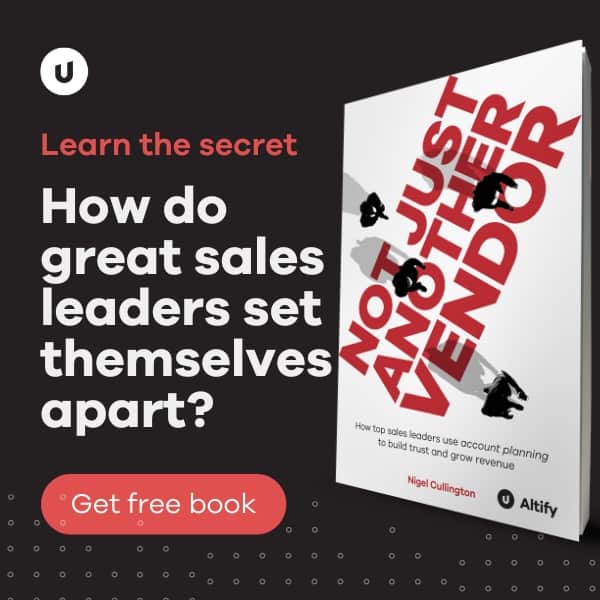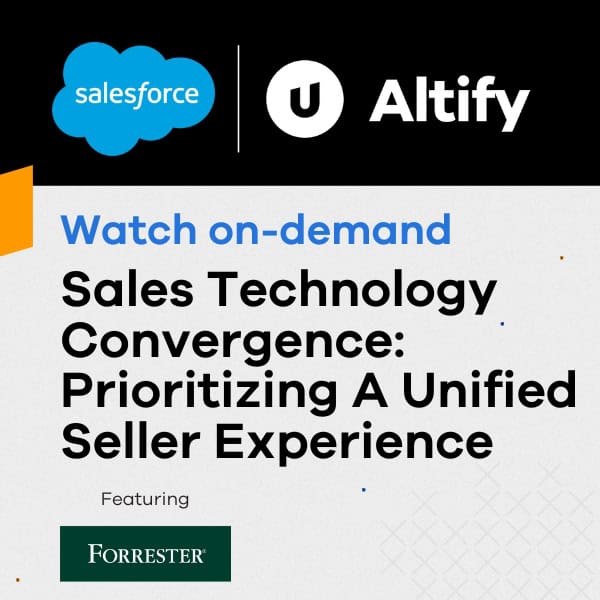Over the past few weeks I’ve been meeting with a lot of our customers, discussing with them their plans for their Q4 or Q1 sales events. In this context, the most common question I’m asked is some version of “What best practices have you learned from other companies that we should follow to get the best return from our sales event?”
Well, this is of course timely. If you’re planning on a getting your team ready for 2011, now’s the time to get started. We’ve learned a lot over the years, and this year alone we worked with more than 100 companies to help them improve their sales effectiveness. (Scoop: A independent report soon to be released from a leading independent analyst firm will show that customers of The TAS Group achieve on average 21% better quota achievement than all others.) Based on our experience of working with some of the world’s largest companies, we’ve developed a blueprint for how you might approach this. (Please email me ddaly@thetasgroup.com, if you want a copy of the Sales Academy Blueprint, or if you want a copy of the analyst’s report when it becomes available later this month.)
Here are a few principles you might consider.
- Sales training usually fails when it is treated as a single event.
- You need to be very clear as to what success looks like, and have clearly defined metrics for what you want to achieve before, during and after your sales event.
- Revenue metrics will rarely be impacted in the immediate term, but non-revenue metrics – the behaviors that drive change and revenue growth – can be easily defined and measured. Focus on these behavior changes will give you a barometer by which you can measure progress.
- Spending time teaching theory or concepts in a classroom is unnecessary, expensive, and a waste of everyone’s time. Solutions exist to facilitate all of the required theoretical learning before people travel to the event.
- When the team is together, focus should be on the application of the knowledge to your specific business, deals and accounts.
- After the event, the requisite infrastructure must be in place to facilitate the easy application of the sales methodology (or other learning) that you’ve invested.
- Sales skills or methodologies must be integrated with your CRM system, so that the sales person has access to the requisite knowledge, methodologies and intelligence when he or she needs it – when they are working the opportunity.
- Ideally at the end of your sales event, everyone will have a common understanding of how to approach a sales opportunity or key account, and where applicable that should also include, to some extent, those functions that support sales, such as marketing, technical support, finance etc.
- All stakeholders who care about revenue should be involved in agreeing the success metrics, and have a clear understanding of the return the company will get from making such a significant investment in the sales organization. Apart from helping you to avoid any internal carping about why the sales event is such an expense, it supports organizational alignment and helps you to understand what is important to each of the other departments.
- Finally, and this is the most important point; sales people want to improve, they care about self-mastery, and they need assistance to get better at doing their jobs. Don’t insult them by thinking that all they want is to be entertained or ‘motivated’. Your compensation plan should do the latter, and it’s not your job to do the former.
The cornerstone of any successful Sales Academy is the recognition that increasing sales effectiveness is a process, not a single event. If you’re thinking about this now for late Q4 or early Q1 then you’re ahead of the pack and you’ve the time to get it right without wasting your investment or putting yourself under undue pressure.
In the blueprint I mentioned earlier, we include our Change Execution Process (see the graphic below) and our Customer Success Charter that I wrote about before. The Customer Success Charter has been such a success that we are now offering that engagement as a ‘no questions asked’ no-fee engagement if our customers are not totally satisfied with the output. (You have to hold up your end for it to be a success.) Again you can email me (ddaly@thetasgroup.com) if you want to learn more about that.


